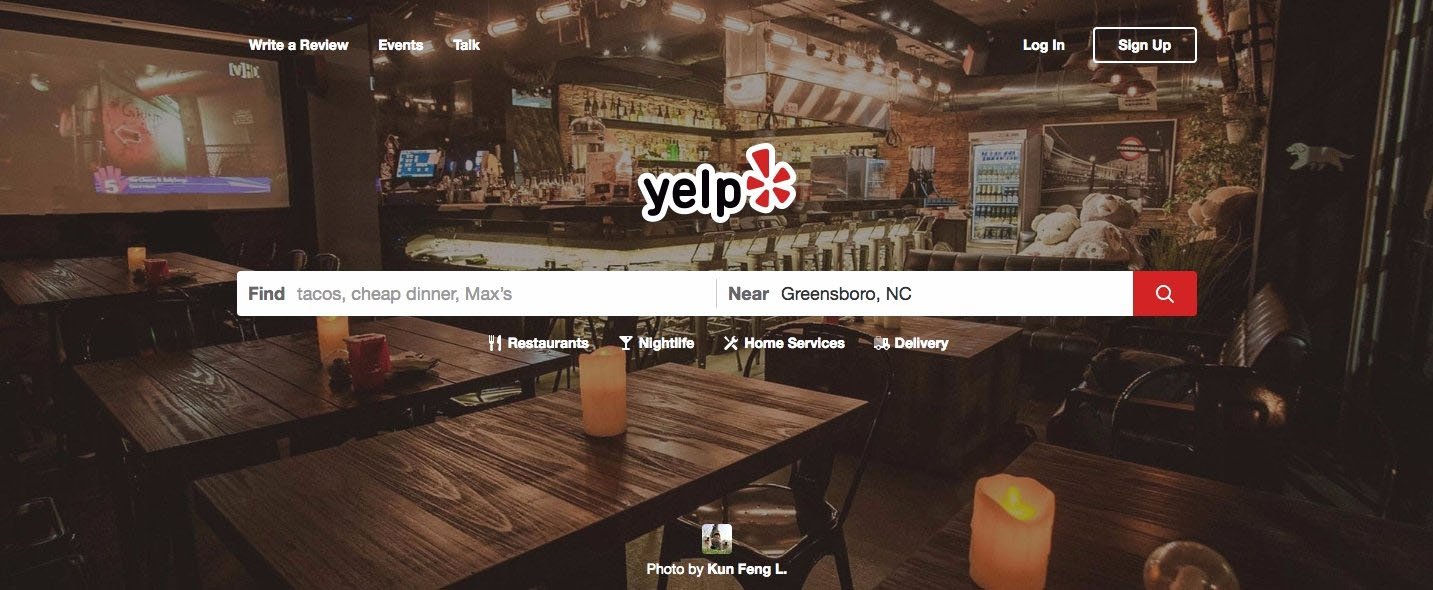Experience, Expertise, Authoritativeness, and Trustworthiness—collectively known as EEAT—are vital factors that search engines use to evaluate the quality of your website, directly influencing your domain authority. By focusing on these principles, you can enhance your content’s credibility, leading to higher rankings and greater trust from your audience. Understanding how EEAT impacts domain authority is crucial for anyone looking to strengthen their SEO efforts. In this post, we’ll break down each component and explore how you can effectively incorporate them into your strategy.
Experience
Experience is the first pillar of EEAT, and it plays a crucial role in how search engines and users perceive your content. When we talk about experience, we’re referring to the firsthand knowledge or direct exposure the content creator has with the subject matter. This could be anything from personal anecdotes to professional insights gained through years of working in a specific field.
Search engines prioritize content that reflects real-world experience because it tends to be more authentic and reliable. For example, a blog post about hiking in the Rockies written by someone who has actually hiked those trails will carry more weight than one written by someone who has only done online research. Incorporating personal stories, case studies, or examples drawn from direct experience can make your content more engaging and trustworthy, which in turn boosts its ranking potential.
Expertise
Expertise is all about proving that you really know what you’re talking about. It’s the second pillar of EEAT and focuses on how knowledgeable the content creator is about the subject at hand. This is especially important for topics that fall under YMYL (Your Money, Your Life). YMYL content covers areas that can significantly impact someone’s health, finances, safety, or overall well-being. Think of topics like medical advice, legal information, financial planning, or anything that could affect major life decisions.
Because of the potential impact of YMYL content, search engines are especially cautious about ranking this type of information. They want to ensure that users are getting the most accurate, reliable, and trustworthy advice. That’s why articles written by experts—people with the right qualifications, experience, and credentials—are more likely to rank higher. For instance, an article about managing diabetes written by an endocrinologist is going to carry much more weight than one written by a general health blogger.
But expertise isn’t just about formal education or titles. It can also come from years of hands-on experience, deep research, or even personal experience in a specific field. For example, a seasoned travel blogger who’s been to 50 countries can offer expert advice on travel, even without formal training in the subject.
To really showcase your expertise, make sure you highlight your qualifications, back up your points with credible sources, and keep your content up-to-date with the latest industry developments. This not only helps with SEO but also builds trust with your readers, making them more likely to stick around and engage with what you have to say.
Authoritativeness
Authoritativeness is the third pillar of EEAT and is all about establishing your reputation within your industry or niche. This isn’t just about having expertise—it’s about being recognized by others as a reliable and respected source of information. When other reputable sites, influencers, or industry leaders refer to your content, it signals to search engines that you’re a trusted authority on the subject.
Building authoritativeness often involves earning backlinks from credible websites, getting mentioned or cited by other experts, and being active in your industry’s community. For example, if a well-known news outlet links to your article or if an industry expert shares your blog post, it boosts your authority in the eyes of both users and search engines. You can explore advanced link building techniques in our article on strategies to build high-quality backlinks.
Authoritativeness isn’t something you can achieve overnight—it takes time to build. Regularly publishing high-quality content, engaging with your audience, and collaborating with other respected figures in your field are key strategies. The more your content is acknowledged and shared by others, the more authoritative your site becomes, which can lead to higher search rankings and greater visibility.
Trustworthiness
Trustworthiness is the final pillar of EEAT and arguably the most crucial. It’s about ensuring that your content, and your website as a whole, is viewed as reliable and safe by both users and search engines. When visitors feel confident that they can trust your content, they’re more likely to engage with it, share it, and return for more. This trust is what ultimately turns casual visitors into loyal followers or customers.
To build trustworthiness, transparency is key. This means being upfront about your sources, clearly outlining your content creation process, and avoiding any misleading or deceptive practices. For example, if you’re writing a product review, it’s important to disclose any affiliations or sponsorships to maintain credibility.
Another critical aspect of trustworthiness is website security. Ensuring that your site is secure, particularly by using HTTPS, is essential not just for protecting user data but also for maintaining your site's reputation. A secure website signals to both users and search engines that your site is a safe place to visit.
Trustworthiness also extends to providing clear and accessible contact information and delivering excellent customer service. When users know they can reach out with questions or concerns, it reinforces the idea that your business is reliable and cares about its customers.
Incorporating these elements into your website will help you build a trustworthy reputation, which in turn can improve your search engine rankings and foster a stronger connection with your audience.
Mastering EEAT is crucial for establishing a strong online presence and enhancing your SEO efforts. Each of these pillars is vital in shaping how search engines perceive your content and how users interact with it. By focusing on authentic experiences, demonstrating clear expertise, building a solid reputation, and fostering trust, you can significantly boost your website’s credibility and visibility.
Incorporating EEAT into your content strategy isn’t just about improving rankings; it’s about creating valuable, reliable, and trustworthy content that resonates with your audience. As search engines continue to evolve, keeping these principles at the core of your digital presence will be essential for long-term success.
PRO TIP!
Unlock the full potential of your website with our SEO GO SERVICE! Our SEO services are designed to ensure your website content aligns seamlessly with EEAT principles. By focusing on what truly matters to search engines and users alike, we create content that not only ranks higher but also builds credibility and trust. Benefit from our expert-driven approach that enhances your search rankings, increases online visibility, and ensures your content meets the high standards of today’s audiences.






Leave a comment
0 Comments